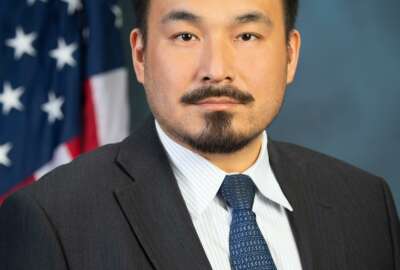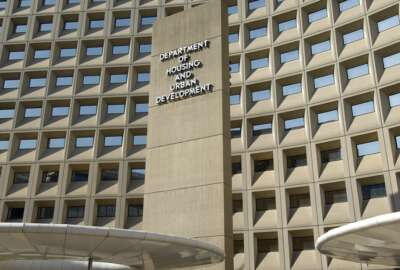
Department of Housing and Urban Development: Mainframe migration
The Department of Housing Urban Development is modernizing three legacy systems in the Federal Housing Administration.
This story is part of an exclusive look inside the projects funded by the Technology Modernization Fund. To see the other stories in this series, use the main navigation page.
An update on the project:
Five legacy mainframe hosted systems fall within the framework of the Department of Housing and Urban Development’s Unisys migration program. Three of the systems are Single family/Federal Housing Administration (FHA) applications:
- Computerized Homes Underwriting Management System (CHUMS),
- Single Family Default Monitoring Subsystem (SFDMS)
- Credit Alert Verification Reporting System (CAIVRS)
These are key applications in supporting the FHA’s $1.3 trillion mortgage insurance program.
All three of the housing systems’ code and databases have been transformed and are undergoing testing cycles that include functionality, integration, user acceptance and performance testing. Currently, the housing applications are all on track to go-live into production in the beginning of Q3 of fiscal 2021.
The two financial applications are Line of Credit Control System (LOCCS) and Program Accounting System (PAS).
LOCCS is a mixed financial system that services more than 100 major HUD program areas, 68,000 grantees and controls payments for over 100,000 projects.
In the fourth quarter of fiscal 2020, PAS data and functionality was successfully merged into the LOCCS system and the mainframe version of the PAS application was decommissioned. LOCCS is in the databases that have been transformed and are undergoing testing cycles which include functionality, integration, user acceptance, and performance testing. LOCCS is still in the modernization phase undergoing code conversion and database migration. LOCCS is on track to go-live into production in the end of Q4 of fiscal 2021.
What has HUD used the money from the TMF Board for?
HUD used the $3.85 million of the TMF funding to leverage existing contracts for Phase 1 of the program and awarded a two-year $10 million contract through GSA for Phase 2.
How much faster has the TMF loan enabled HUD to move with modernizing each its project?
Prior to the Unisys migration project TMF approval, HUD had previously been unable to obtain budget approval for any project that would allow for the decommissioning of the Unisys mainframe.
Consequently, this TMF approval has allowed HUD to successfully move forward with this effort after several years of delay.
Has HUD paid back any portion of the loans?
HUD originally requested and was allocated $20,000,000 for this project. HUD leadership’s strong commitment to completing this mainframe migration initiative prompted the allocation of additional internal funds to reduce the requested TMF allocation to $13.85 million. In compliance with the agreement between the TMF and HUD, the agency has made two payments to the TMF — the first in fiscal 2019 and the second in fiscal 2020. The total amount HUD has repaid to date is $2.06 million. HUD’s agreement is based on a five-year repayment schedule.
How is HUD determining how much money it’s saving?
The Unisys migration project TMF cost savings is primarily due to the decommissioning of the Unisys mainframe and the elimination of infrastructure hardware, software and labor resources for this platform. This project will significantly increase HUD’s ability to protect sensitive information. Transforming from an on-premise physical hardware environment to a cloud virtual machine environment is a huge improvement in consolidating and modernizing the infrastructure. The project will also reduce costs in various areas including licenses, operation and maintenance, and end user support, resulting in an estimated annual savings of $8 million.
What advice would HUD give to other agencies who are considering applying for a TMF loan?
HUD would recommend agencies apply for TMF, especially for any large, multiyear projects. While the TMF does require additional oversight and reporting, the support from the TMF Project Management Office and the board has been very beneficial and has eliminated funding barriers that HUD has experienced previously.
Copyright © 2024 Federal News Network. All rights reserved. This website is not intended for users located within the European Economic Area.
Jason Miller is executive editor of Federal News Network and directs news coverage on the people, policy and programs of the federal government.
Follow @jmillerWFED





